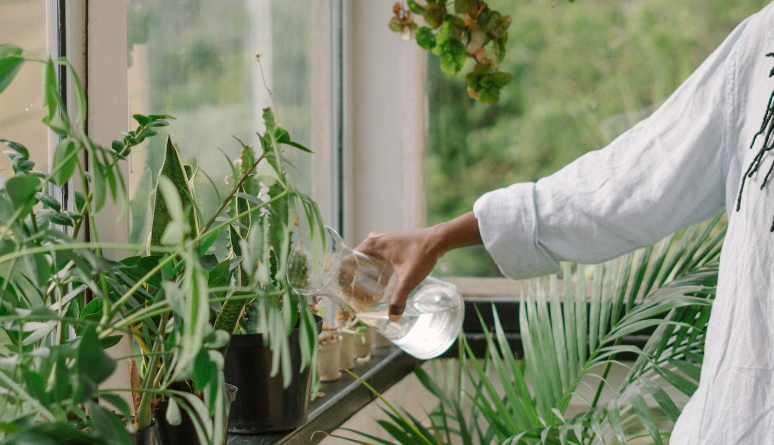The Importance of Proper Watering for Your Houseplants
Proper watering is crucial for the health and vitality of your houseplants. Without enough water, plants can become wilted, their leaves can turn yellow, and can even die. On the other hand, overwatering can lead to root rot and fungal issues. In this article, we will discuss some best practices for watering your houseplants to help keep them looking their best.
The first step in proper watering is understanding the needs of each individual plant. Different types of plants have different watering requirements, so it’s important to research the specific needs of the plants you have in your home. For example, succulents and cacti require less water than ferns and tropical plants. Additionally, the size of the pot and the type of soil can also affect how often a plant needs water.
A good rule of thumb is to stick your finger in the soil to check the moisture level. If the soil is dry a few inches down, it’s time to water. When watering, it’s best to water the soil directly, rather than misting the leaves, as this can lead to fungal growth.
Overwatering is just as harmful as underwatering your plants. One of the tell-tale signs of overwatering is yellowing leaves on your plant. When you water your plants, be sure to check the drainage. If the pot does not have holes for drainage, repot your plant in a container that does have drainage holes and be sure to use a well-draining soil mixture.
Another important factor to consider when watering your houseplants is the time of year. During the hot season, plants may need to be watered more frequently than in the cold season. This is because the heat and humidity of the hot season can cause the soil to dry out more quickly. Similarly, during the cold season, the air is drier and plants will require less water.
In conclusion, proper watering is essential for the health and vitality of your houseplants. By understanding the specific needs of each plant, using the right tools to measure moisture, and being mindful of drainage and the time of year, you can ensure that your plants receive the hydration they need to thrive.
References: –
https://www.bhg.com/gardening/pests/insects-diseases-weeds/overwatering-symptoms/ https://www.thespruce.com/watering-houseplants-1902836

